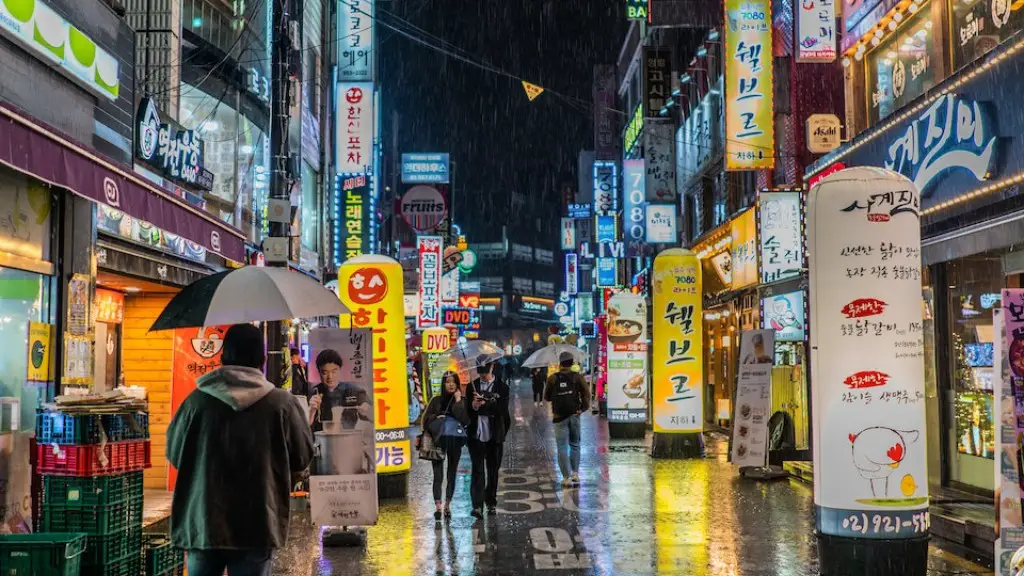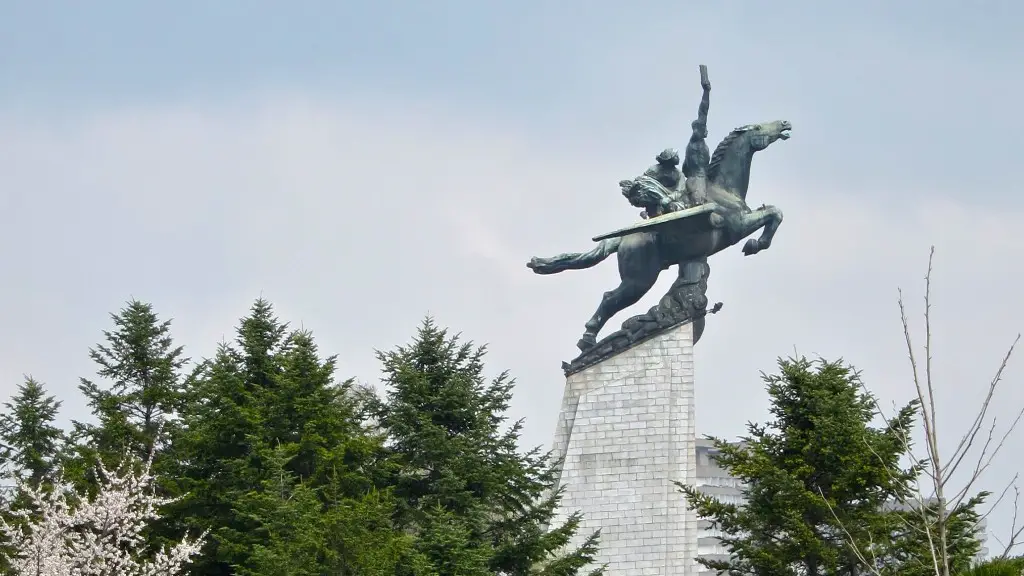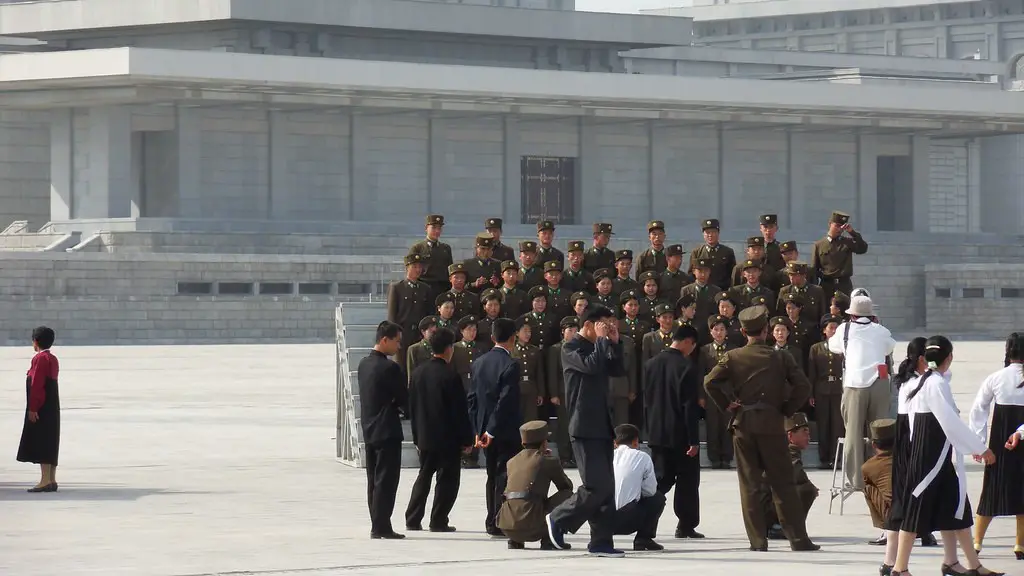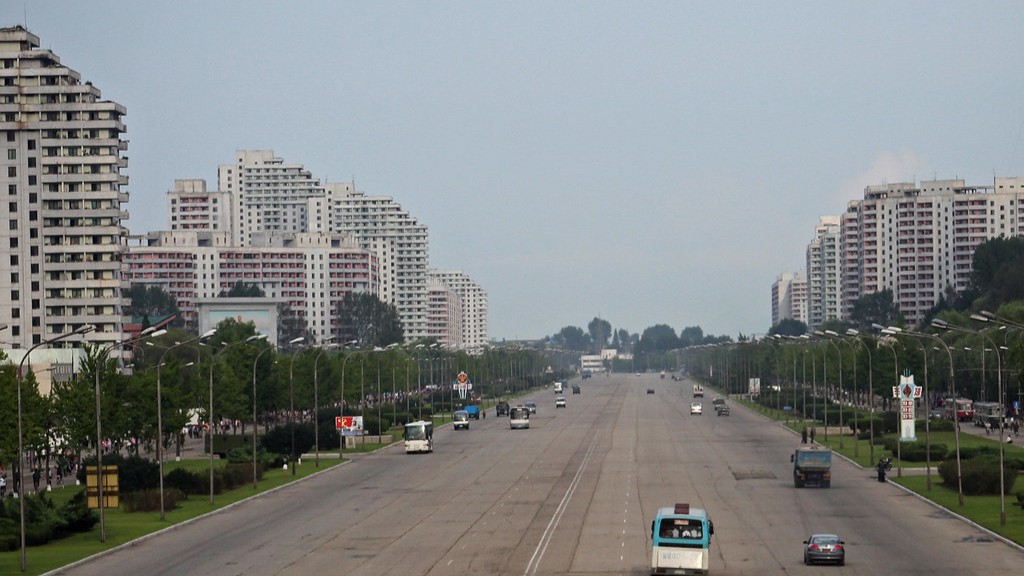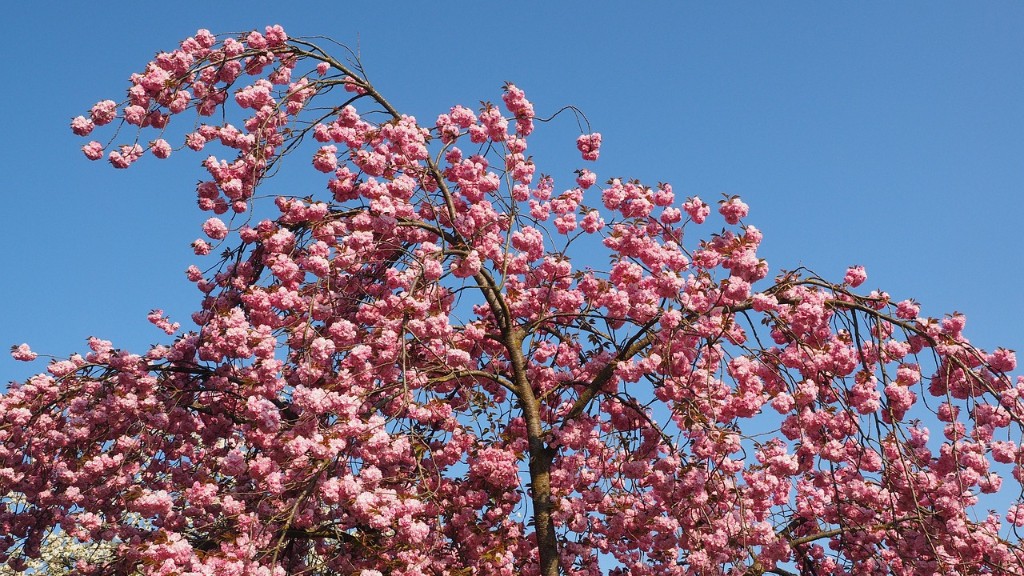North Korea and Japan: A Modern-Day Feud
North Korea and Japan have long held a bitter and hostile relationship. In its simplest terms Japan represents power, while North Korea views itself as a victim. Starting with Japanese colonisation of the Korean peninsula in 1910, the two countries would remain enemies until Japan’s unconditional surrender in 1945.
Between 1910-1945 Japan forcibly annexed the Korean peninsula and attempted to ‘Japanise’ it, erasing Korean culture, language, and seeking to replace the entire Korean gene pool with Japanese citizens. Forced labour, heavy taxation and violence were commonplace. At the same time, Japan also had multiple military bases throughout the Korean peninsula in an attempt to suppress any local rebellions.
After Japan’s surrender in 1945, the Korean peninsula suddenly happened to find itself divided, with the north’s border overseen by the Soviet Union and the south’s by the United States. This division would evolve into the Communist North and the US-allied South Korea, a separation that has lasted seven decades. Fast-forward to present day and this division still exists between North Korea and South Korea, with no official peace treaty signed.
The primary reason why North Korea hates Japan is because of their inability to come to terms with their wartime past. North Korea continues to demand that Japan acknowledge the forced servicemen, comfort women and other atrocities committed during the 1910 – 1945 colonial period and pay the requisite reparations. For its part, Japan continues to deny any historical misdeeds and refuses to acknowledge these war crimes.
The rest of the world has done little to intervene in this feud. Both countries continue to use propaganda in an attempt to paint their respective perspectives on the historical record. Meanwhile, Japan continues to express its contempt for North Korea over their nuclear arms proliferation and non-compliance with UN resolutions.
Festering Historical Disputes
It is true that the current North-South division of the Korean peninsula has its origins in Japanese colonisation, but between Seoul and Pyongyang there have been numerous historical disputes. Many of these stem from cultural, economic and ideological differences, with Pyongyang feeling that the former pro-Japanese collaborators in South Korea hold an undue amount of power.
Moreover, North Korea has also been deeply unhappy with Seoul’s rapid economic reforms and diplomatic rebalancing too, especially as it took place right in front of them. This further exacerbated pressures existing since the Japanese surrender, leading to a situation of mistrust and suspicion that bridges both sides.
It should also be noted that North Korean leaders have inflamed the situation on multiple occasions, with leader Kim Jong-il often using Japan as a convenient enemy in order to rally support for himself domestically. This has resulted in North Korea blaming the south for ‘following the Japanese’, which in the eyes of the Korean people, goes against their historical narrative of having fought off an occupation.
Although both countries are aware of the elephant in the room, neither side has made any progress towards bringing about reconciliation and normalisation of bilateral ties. Hence, North Korea continues to view Japan as an aggressor and with this attitude, it’s hard to see any change to the status quo in the near future.
Issues of Land Disputes
Beneath the historical disputes and animosity lies the issue of who has rightful control to certain pieces of land. Discussions have been ongoing since before World War II and while there has been a great deal ofprogress in recent years, key issues remain unresolved.
One such example is the Takeshima sea island, administered by Japan since 1905, but long contested by the Korean government. Tokyo has maintained the island for many years, and the south, rightly or wrongly, consistently supports their neighbour. The north and south do not agree on this, and refuse to renounce their connection to the island.
In fact, high-level talks on the land and sea borders between Japan and the two Koreas have only recently been stalled again, and while there haven’t been any drastic changes in the demarcation line, the North views this as Japan attempting to claim territory that is rightfully theirs. To Pyongyang, the sea border is a constant reminder of Japan’s unwillingness to come to terms with its past and make reparations for the colonial occupation.
Unending Jingoism from North Korea
The historical issues between Japan and North Korea have exacerbated the tendency for both sides to act in an increasingly jingoistic manner. On the one hand, Japan has condemned North Korea’s nuclear weapons programme and spoken out against their human rights abuses. On the other hand, North Korea’s leaders have not hesitated to launch personal attacks against the Japanese people.
Such sustained attacks and reprisals only serve to further add fuel to the fire and force the sides to consolidate their respective positions. North Korea remains highly antagonistic, criticising Japan’s ‘right-wing’ policies on a regular basis, while Japan continues to strengthen its relationship with the US and South Korea, further isolating Pyongyang in international affairs.
Yet North Korea’s jingoism towards Japan has achieved little to improve its own standing in the international community. On the contrary, the North has become increasingly isolated in recent years, ruling out the possibility of improved ties with Japan. Pyongyang’s only hope then is that one day, Japan will be willing to step up and admit its historic mistakes, so that the two countries can finally move on and create more positive relations.
Lamenting the Lost Years
Both sides are aware that much has been lost in the feud between Japan and North Korea. The ‘lost years’, as some call it, could have been devoted to creating enhanced economic, cultural and political ties between them. But instead the lost years were spent trading inflammatory rhetoric and escalating a centuries-old feud that may never be healed.
Over the decades, relations have intermittently improved, while still slowly cultivating mistrust. The slightest hint of Seoul or Tokyo moving closer to the North has often been met with immediate condemnation by the other side, always ready and willing to point out the other’s flaws.
It is only logical, then, that North Korea views Japan as an adversary. For years the Japanese have refused to put the past behind them, while North Korea continues to demand reparations on numerous different levels. Neither side has truly budged, while millions of Koreans suffer from the stifling restrictions of the Pyongyang regime and Japan continues to struggle from the aftermath of its own military misdeeds.
Propaganda, Politics and Politics-as-Propaganda
At the heart of the situation lies the use of propaganda for domestic consumption. North Korea continues to focus on the ‘evil’ of its former colonial master, in order to rally its people and distract them from problems within. This is why the image of Japan presented by North Korea remains one that is largely skewed to portraying Japan in a negative light.
Meanwhile, Japanese politicians have been known to use North Korea as a convenient enemy, to distract the population while they tackle far harder to digest domestic issues. This is why the periodic chill in Sino-Japanese relations often rears its head right around election times in Japan.
In truth, the issues between Japan and North Korea have less to do with politics and more to do with personal vendettas and the inability to let go of the past. While both sides have much to gain from reconciling, it appears that neither side is willing to let go of their grievances, leaving the two nations at a modern-day impasse.
Domestic Woes and Regional Resentment
Also lurking in the background of this feud is the community-level resentment that’s felt on all sides. Even in South Korea, where the colonial experience was much less profound, there is a lingering feeling that the Japanese have not answered for their wrongs. Likewise, many Japanese citizens feel unfairly judged for their government’s past misdeeds.
This, combined with deep economic disparities, makes it unlikely that North Korea and Japan will ever become close friends. North Korea, as with many of its regional neighbours, has also developed a strong sense of nationalism and anti-foreign sentiment that continues to dog its relationship with the outside world.
The feeling of regional resentment shared with other East Asian countries has only further compounded the situation. As Chinese and Korean relations improve, this is often viewed by many North Koreans as a trend to oppose Japan and its policies, and this only serves to stoke the flames of animosity even further.
Constant Invocations of the Colonial Past
It is true North Korea and Japan have vastly different paths of development, yet the common factor lies with their mutual references to the past. North Korea continues to point the finger at Japan and their wartime actions, while Japan attempts to ignore and cover up its past misdeeds. Consequently, the war continues on in the present, with Japan adamant in its refusal to apologise and North Korea determined to evoke past grievances.
This impasse has stopped both sides from finding common ground and, in the process, both sides have become further entrenched in their respective positions. Neither side is willing to budge, and the entire situation has degenerated into a game of political jingoism.
Unfortunately, Japan and North Korea will remain enemies until one of the two sides is willing to forgive, move on and attempt to strengthen the relationship. Until something like this happens, both countries will remain at constant loggerheads, with no end in sight.
